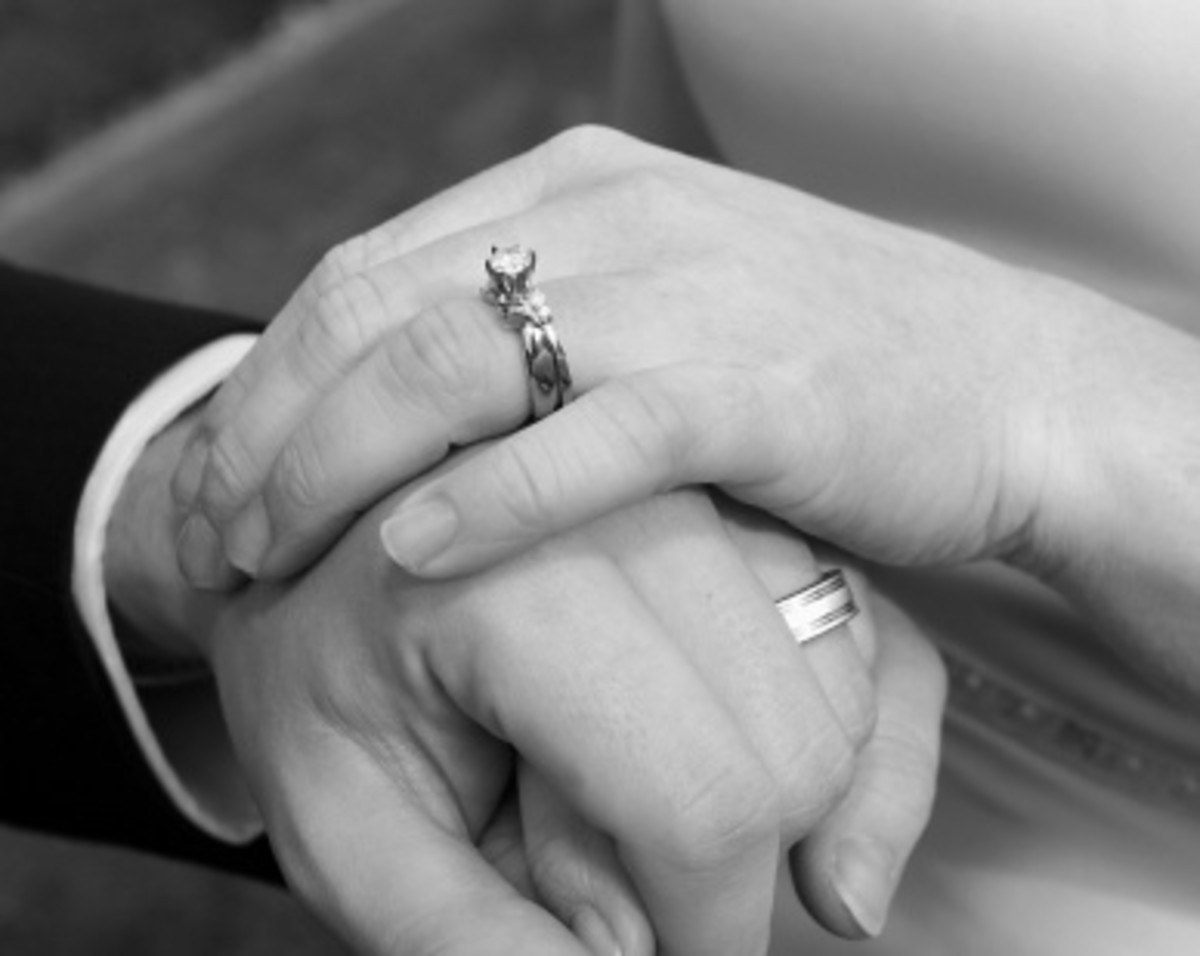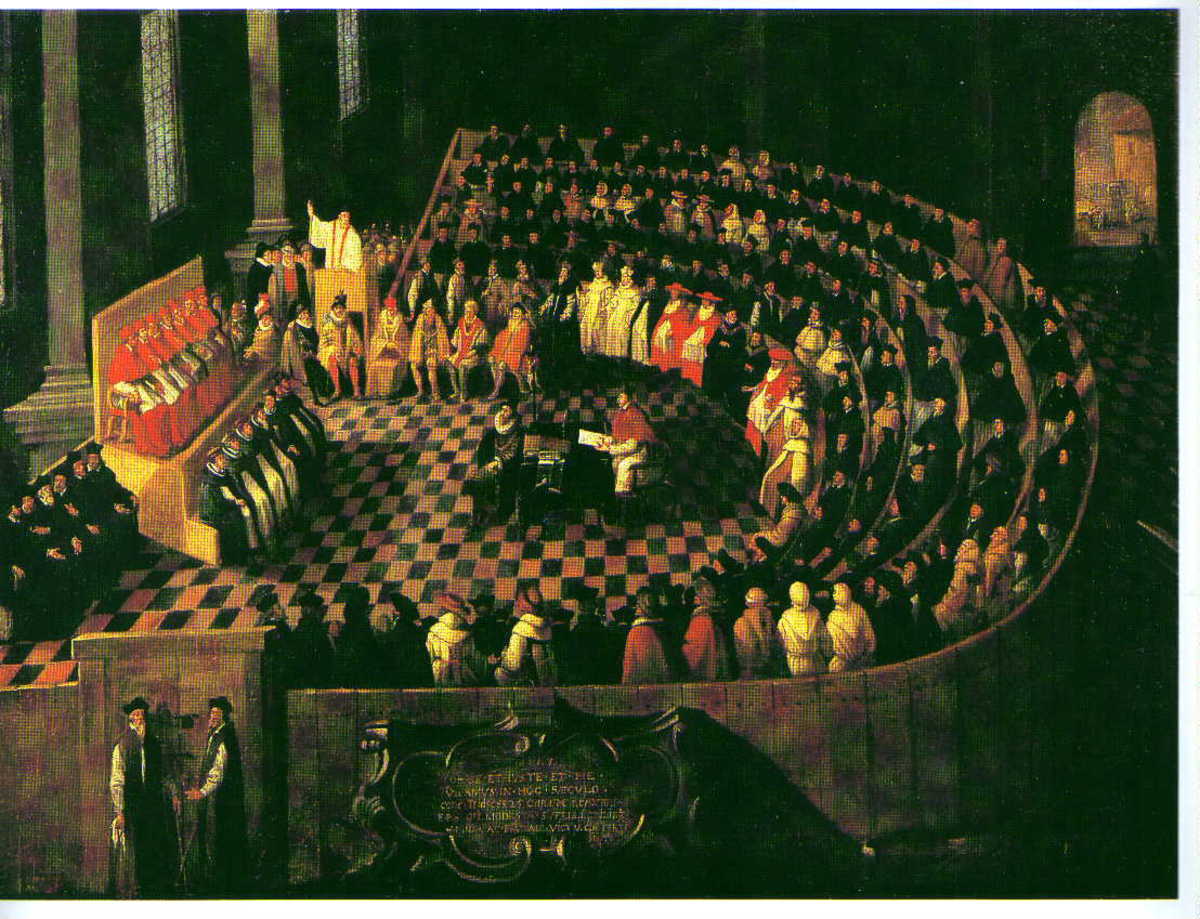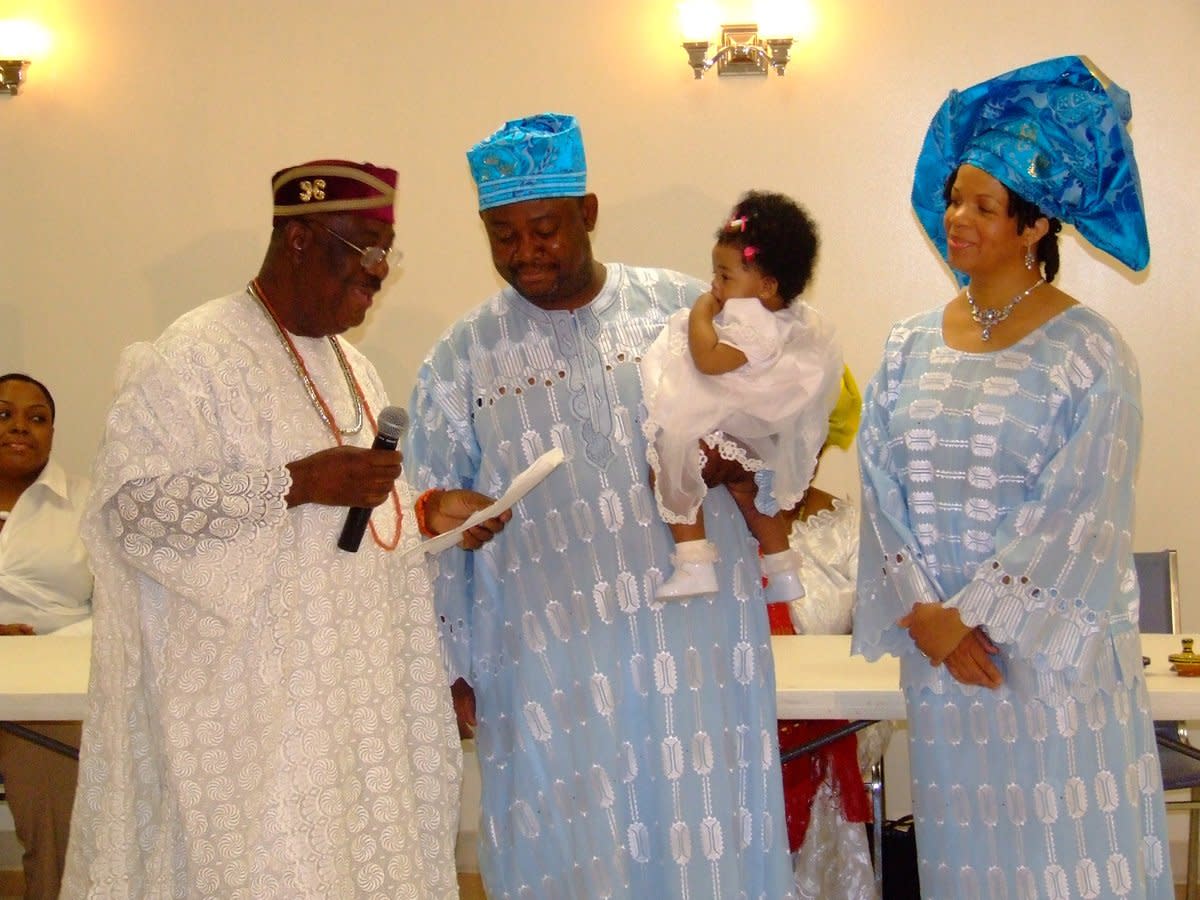The Marriage Rate for Millenials—Why We Don't Get Married

Only 20% of Millennials Are Married
Why is it so hard to get married? Millennials are jumping into college and the workforce, living active and fairly-motivated lives, are 300 times more likely to start a business than their parents' generation, they are meeting people online and in person, and broadcasting their personal branding all over Facebook, Instagram, Twitter, and Pinterest. You would think that all these opportunities to find, meet, and wed, would have initiated an increase in marriage rather than a decrease. Yet the average age for marriage has risen from 20 to 28 in the last 40 years, and today only 20% of people age 19 to 29 are married. That's a huge drop since 1960, when 72% of people in the same age group had found their spouses and made it to the altar. USA Today recently predicted that the average age for men to get married will soon rise to 30. According to a Census report, the current age of first marriage is the highest it's been in 100 years. If there was ever a time for asking questions, it's now.
There are all sorts of theories flying around about this phenomenon, and many of them have struck a chord. Do millennials value their career more than starting a family? Are millennials reticent to commit to a marriage that may only end in hurt and divorce? Do millennials get their physical desires met by the opposite sex outside of marriage? The answer to all these theories seems to be "yes."
Married Rate at 51%, an all time low.
Marriage Rates

Why the Marriage Rate Has Dropped
Though it's obvious that these are probably factors that have contributed to this nationwide trend of singleness, the underlying cause is, I believe, more foundational. It's theological.
In Genesis, we are told that marriage began when God said that is was not good for Adam, the man He had created, to be alone. So God put Adam to sleep, and when he awoke, Adam found a woman beside him who God had created to be his wife. Then God gave them, together, the task of taking dominion over the creatures and assets of the earth, to steward and use the resources wisely (Genesis 1:28). They were to do this by being "fruitful" and "multiplying." They were to procreate, and their children and future generations would help in the great cause of subduing the wild earth.
Then, throughout the rest of the Bible, God scripted the theology of marriage. A husband and wife are "no longer two, but one," (Matthew 19:6), a marriage is a picture, or example, of Christ's relationship with the church (Ephesians 5:22-32), adultery is so evil that the adulterers were put to death under Levitical law (Leviticus 20:10), and Jesus said that lust is committing adultery in the heart (Matthew 5:28).
This was the theology that created sound societies and fully-functional families in previous centuries and civilizations. Any time and place that this theology had not spread to, there were higher divorce rates, higher rates of sexual deviation and adultery, and less children being born. In ancient Greece, Athens, and Rome, several of the rulers penalized those who were single by keeping them from government positions, treating them to public scorn, or fining them. These civilizations struggled with pornography, adultery, homosexuality, abortion, and other family-killing deviations, which eventually drove these civilizations into the ground. (Squire, Susan. 2008. I Don’t: A Contrarian History of Marriage. New York, NY: Bloomsbury Press.)
My book in progress: Marriages in the Reformation
I am fascinated by the Protestant Reformation's complete transformation of marriage. As a result, for the last three years I've been working on a collection of personal, intimate family histories. Each is a "biography of a marriage" that came about as a result of the Reformation. Though I am 56,000 words—and counting—into the fascinating love story of John Calvin and Idelette de Bure, I have barely touched the of other marriages that I plan to research and write about. Next I hope to do the famous Martin Luther and Katherine von Bora, and after that I will research the marriage and re-marriage of John Knox.
After I receive input from several pastors, scholars, writers, and married couples that I know, I will be looking for a publisher. Any advice or input about writing, publishing, or the specific direction and topic of this book is appreciated! Email me at sechrista (at) gmail.com
The Protestant Reformation
The odd teachings of the Catholic church before the Reformation put the brightest and best, the most youthful and energetic, and (in theory, anyway) the most godly Christians in gender-separate convents, which were placed far away from civilization where the world would have no influence on them—and they would have no influence on the world. They were supposed to tend gardens, study a small amount of doctrine, but mostly just pray and meditate in a simple, stone room.
The leaders of the church were celibate, even though their congregation was filled with husbands, wives, and children. We have to wonder if the priests were able to give advice to couples in their congregations who were struggling in their marriage, or provide wisdom on the raising of the children, since they couldn’t experience family life themselves.
Worse than that, was the amount of perversion that went on behind the closed doors of the monasteries. Horrific stories of convent-wide raping, homosexuality, and illicit emotional and sexual relationships are being uncovered as researchers study the Middle Ages. Sometimes a priest who had jurisdiction over a convent of nuns would sequentially rape each woman under his authority after she entered the confessional. Monasteries and convents occasionally interacted with each other, and strange marriage-like relationships resulted, sometimes even with a monk and a nun claiming to belong to each other, doing laundry and cooking for each other, and even passing responsibility for a rag-doll “baby” back and forth. Some nuns spent months scraping a hole in the wall of the convent to allow a man in with whom they could have sexual relations. When the God-given means to avoid temptation to fornication are neglected, it stands to reason that there will be fornication.
“The high regard placed on celibacy and the depreciation of marriage in the Middle Ages had led to sexual and marital confusion. Canon laws governing the formation, maintenance, and dissolution of marriage had often been arbitrary. They had appeared to encourage marriage among the immature and to depreciate it among the mature, which often led to the flouting or disregard of the canons.” (Williams, The Radical Reformation, p. 765)
Into this mess came the trumpet cry of the Protestant Reformation. The teaching of the Bible was elevated above any decree of mere man, and much of what the Catholic church had taught about not just marriage and families, but work and dirt and business and politics, was found to be false when compared with the pure teaching of the Bible.
So, as the Scripture-loving ideas of the Reformation hit the medieval world, a brilliant garden of courtships, weddings, and births bloomed in full color across Christendom. Monks and nuns who studied the Bible were confronted by the honest common-sense of the truths they found. Many of them escaped the monasteries in barrels and covered carts, found Protestant communities and churches who then sheltered them and took them under their wing until the ex-monks and nuns were married, which didn’t take long! The Reformers had come to the inescapable conclusion that God loved marriage, and God loved babies. God loved the “bodily multiplication of the human race.” There was no split between physical and spiritual, in God’s mind. The marriage of a man and a woman mirrored the marriage of Christ and His church, and it was a good thing.

Marriage Age Poll
What age did you get married for the first time?
Philosophical Reasons for the Decline in Marriage Rates
Though the Catholic church in our day does more to preserve marriage than to prevent it, we are still faced with the fact that it is bad philosophy that is keeping the Millenial generation single. What bad philosophy? Here are a few:
- Narcissism: extreme selfishness, with a grandiose view of one's own talents and a craving for admiration.
- Materialism: a tendency to consider material possessions and physical comfort as more important than spiritual values.
- Atheism: the belief that God does not exist, (and in consequence) the denial of the moral law given by the God of the Bible.
-
Postmodernism: the belief that there is no absolute right or wrong standard.
- Feminism: the advocacy of women's rights that discouraged women from filling the historic and God-blessed role of wife and mother.
If you have any doubt that these are the ills inflicting our singles, take a look at this quote (below) from a recent Census survey on marriage. The terms are cloaked, but it's easy to see that "deinstitutionalizing" means "de-Christianizing," and that "individualized" is really narcissism and materialism. Selfishness.
"Since the 1940s and 1950s, the composition of American families has changed, with marriage rates declining substantially. Cherlin (2004) discusses the deinstitutionalization of marriage. Society has become more accepting of different forms of marriage and alternatives to marriage. Since the 1960s, marriage has moved from being a companionate type of relationship, which focuses on the satisfaction and pleasure that comes from playing the role of spouse, to a more individualized type of relationship, which focuses on developing an individual’s own sense of self (Cherlin 2004, 2009). Despite cultural rhetoric about “preserving marriage,” modern-day romantic unions are characterized by an ever-increasing diversity of forms, and marriage - as an institution - has been disassociated from the pragmatic daily functions it once served (Cherlin 2009). Such cultural shifts in the latter half of the twentieth century have contributed to a decline in marriage rates." - "Historical Marriage Trends from1890-2010: A Focus on Race Differences, SEHSD Working Paper Number 2012-12"
Of course I am not saying that every single person who is over 20 is automatically selfish, narcissistic, or postmodern. What I am saying is that there are traceable, cultural trends that can be traced back to these philosophies.

Femininity Vs. Feminism
Alexis De Tocqueville was a Frenchman who visited America during its early years. He marveled at the integrity and success of the nation as a whole, and came to some fascinating conclusions about why America was such a great place. Tocqueville's writing on this subject is worth a read in its entirety here.
He says there were people in Europe who wanted to make male and female into "beings not only equal but alike." In contrast, America "traced two clearly distinct lines of action for the two sexes and [made] them keep pace one with the other, but in two pathways that are always different." He describes these early American women. "Hence it is that the women of America, who often exhibit a masculine strength of understanding and a manly energy, generally preserve great delicacy of personal appearance and always retain the manners of women although they sometimes show that they have the hearts and minds of men. Nor have the Americans ever supposed that one consequence of democratic principles is the subversion of marital power or the confusion of the natural authorities in families.... I never observed that the women of America consider conjugal authority as a fortunate usurpation of their rights, or that they thought themselves degraded by submitting to it. It appeared to me, on the contrary, that they attach a sort of pride to the voluntary surrender of their own will and make it their boast to bend themselves to the yoke, not to shake it off. "
His conclusion on the state of the union is remarkable:
"As for myself, I do not hesitate to avow that although the women of the United States are confined within the narrow circle of domestic life, and their situation is in some respects one of extreme dependence, I have nowhere seen woman occupying a loftier position; and if I were asked, now that I am drawing to the close of this work, in which I have spoken of so many important things done by the Americans, to what the singular prosperity and growing strength of that people ought mainly to be attributed, I should reply: To the superiority of their women."
He mad a direct connection between the women filling a specific and honorable role in their family, and the strength of America. What would he say today, to the thousands of women that would probably love to build a home with a husband, but who follow the cultural flow into six years of college and a strenuous career path?

A Solution for Plunging Marriage Rate
Since there seems to be a direct connection between the theology of the nation and the strength its families, the solution is to return to the moral standard of the law of God. Early America was founded on the Biblical principles of obeying God's laws regarding marriage and femininity. But now we have created our own standards (postmodernism), we are pursuing our own prosperity (materialism), we are mixing up the unique rolls God has given to the genders (feminism), and we never give a thought to the God who created us (atheism).
The responsibility for reform first belongs to the church, since the church is the institution to whom God first entrusted the preaching and teaching of His word. The asceticism of modern Christianity has separated worshipping God from living in, working in, and marrying in, His physical world, similar to the asceticism of the Roman Catholics in the pre-Reformation era. We are in need of Christian leaders to preach for the purpose of strengthening marriage, and serving God in the physical realm of marriage.
Second, parents can set a great example to their children by working hard at their own marriages. No bickering and cutting each other down, no affairs, and no divorce. While their children are still trainable, parents can raise their children to desire marriage, to value it, and to pursue it at an earlier age.
Finally, individual singles must take this responsibility on their shoulders. Our nation needs young men and women who pursue wealth for the purpose of raising a family and blessing others, rather than for personal peace and comfort. Our nation needs young women who desire the noble calling of helpmeet, and who gladly and eagerly prepare themselves for marriage and motherhood as their ultimate "career." Our nation needs young men who put more energies into serving others and working hard than into entertainment and recreation. And our nation needs morality. Healthy families are made of mothers and fathers who fear God, follow His commands, and desire to take on life hand-in-hand with a spouse.








